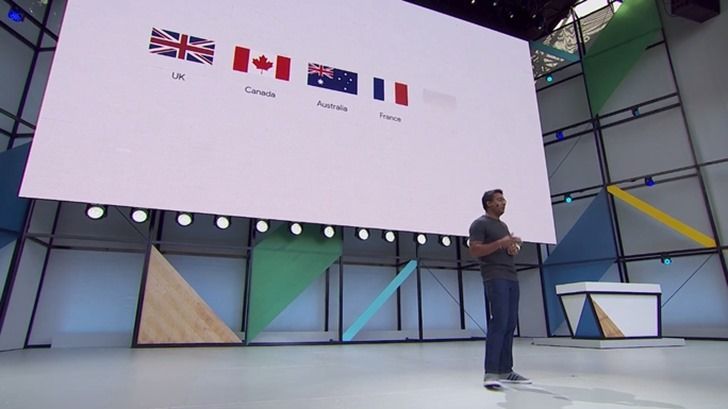latest
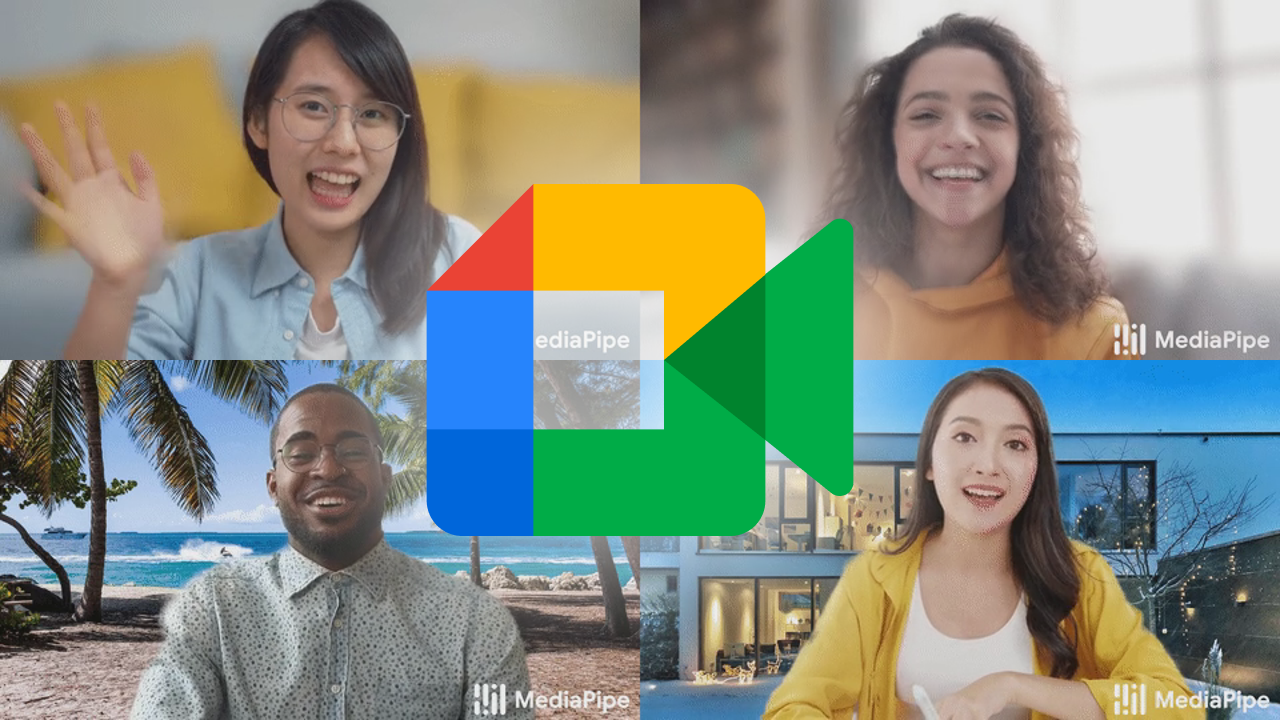
Google Meet brings live captions to four new languages on mobile
It's only available in Europe and Asia Pacific for now
The sudden surge in working from home has led Google to heavily invest in its video chat tools, including Google Meet (formerly Hangouts Meet). Last month it gained the ability to accept multiple join requests at once, and now Meet's live caption feature will support more languages.
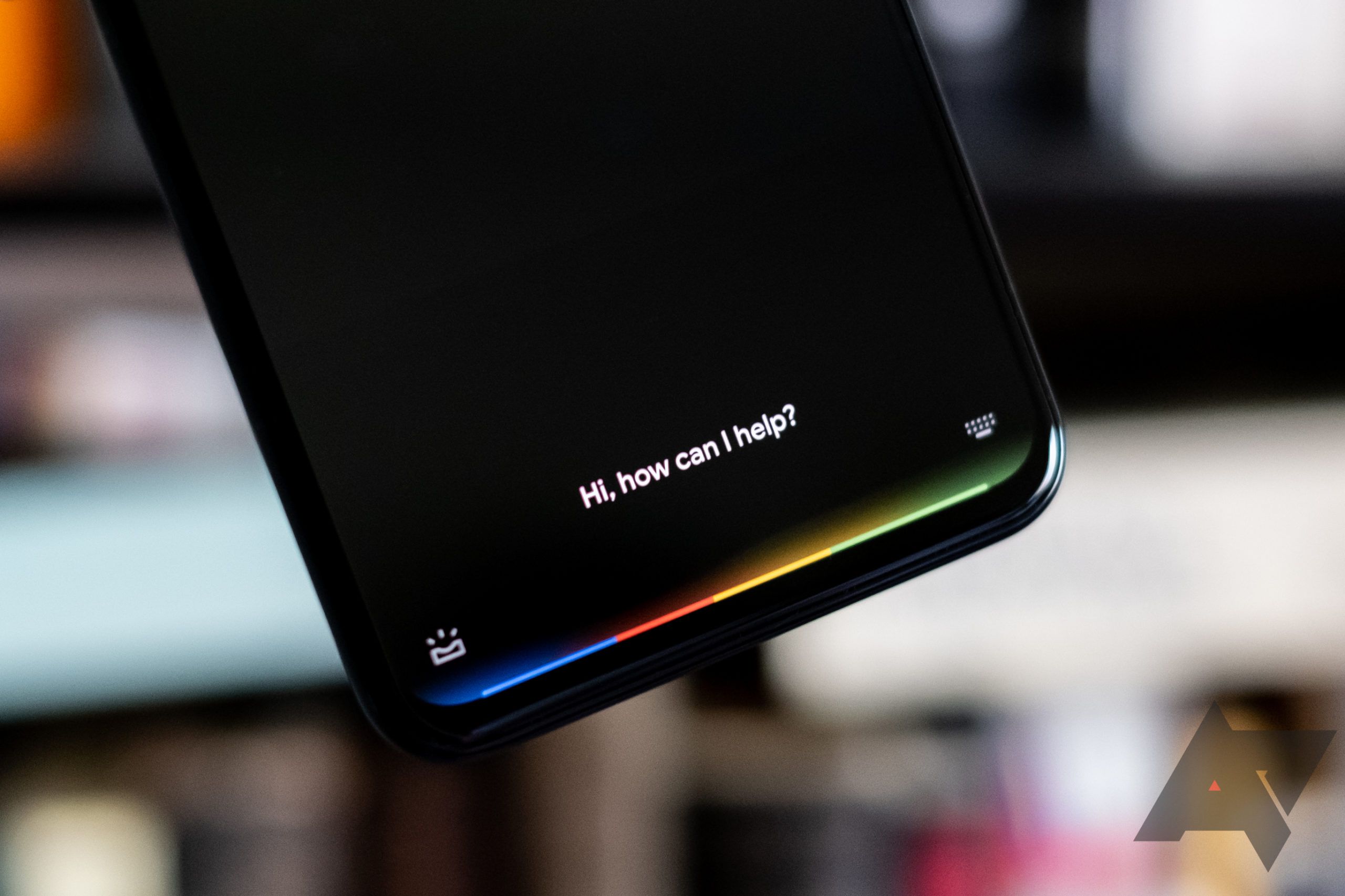
New Google Assistant adds 4 languages, but don't expect the same abilities as English
French, German, Italian, and Spanish are the "lucky" winners
In the Pixel 4a's announcement post, Google said that the new Assistant, which had been only available in English and Japanese so far, would "soon" support four new languages. Nearly two months later, that promise is materializing. You can now use the faster and cleaner Assistant in French, German, Italian, and Spanish.

With its Smart Clock, Lenovo introduced a new type of Asssitant-enabled smart display. Unfortunately, it could only speak English when it came out, as it runs off a custom Android Things platform, which is different from the one used by Lenovo Smart Displays and Nest Hubs. However, Google just updated its official Assistant support pages to indicate the device now supports French and German.

Assistant-enabled smart displays came out about a year ago, but they could exclusively speak English until they learned Canadian French recently. Because of this dialect limitation, the devices have only been available for sale in the US, UK, and Australia. However, newly added support for French and German means they are coming to Europe as well.

We rarely speak of Assistant on Android TV because changes in the platform are highly dependent on TV and set-top box manufacturers, infrequent updates, and sometimes server-side pushes from Google. But language support is something we keep an eye on, as it allows users who don't speak English to use the Assistant on their TVs.
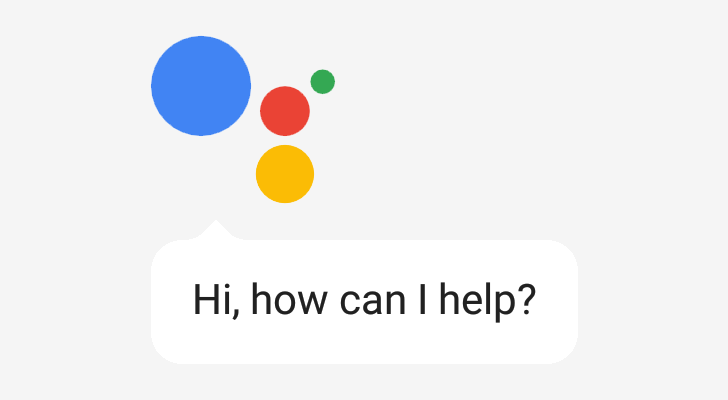
Read update
- According to an update made to the Language and Locale Support section of the Actions on Google documentation site, these new higher-quality WaveNet voices will start to roll out on March 4th. The new voices provide users of the Actions on Google platform with voices that meet or exceed a 3.6 mean opinion score (i.e., which provide better perceived quality than the previous TTS voices used).
As with most of Google's products, Assistant is an incredibly powerful tool in the United States, but its functionality is limited in other countries. This is understandable, since there are dozens of other major languages worldwide with countless dialects, and speech recognition for each variation can take a while to develop. At Mobile World Congress, Google announced a massive expansion for Assistant's language support.

Ever since the Google app moved to weekly releases, often with several minor updates along the way, notable changes have been spread out. This update brought the rollout of Android Auto integration for Google Podcasts, but aside from that, the last few updates have been pretty conservative with their changes. As a result, teardowns from the last few versions are getting bundled together in a single post to keep things cleaner for our readers.
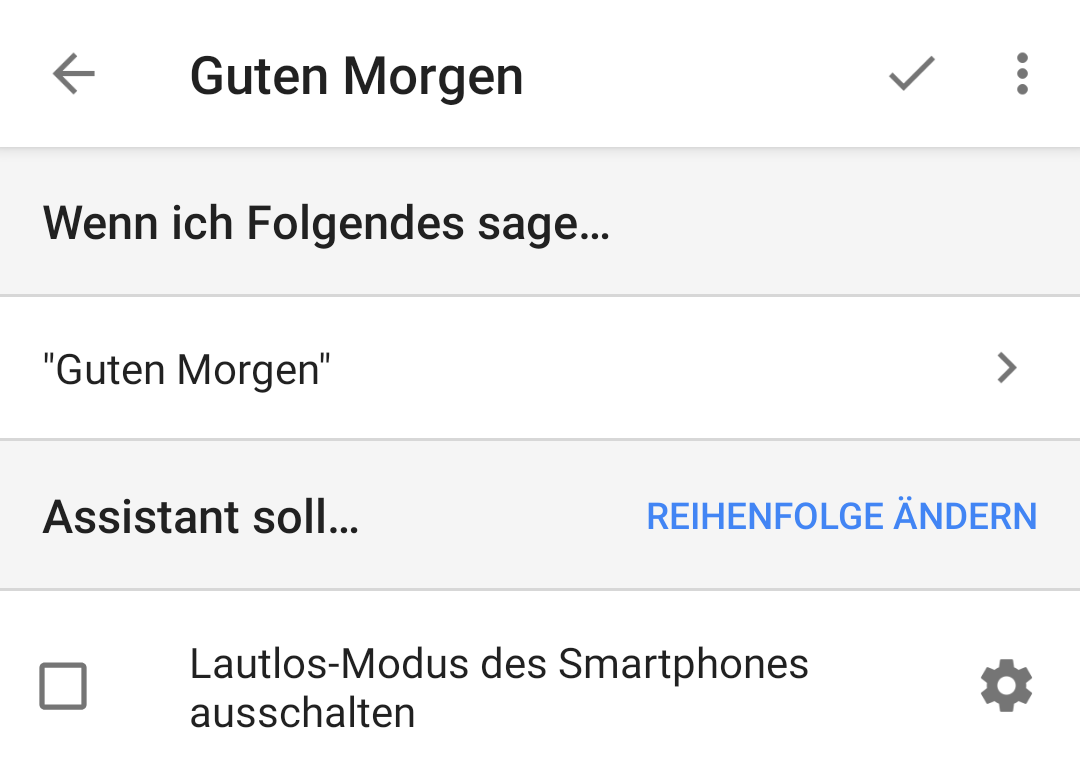
Google Assistant routines can save you a lot of time by executing multiple commands in succession after you say a simple sentence. They started off as "My Day," which brought a simple morning routine, but then multiple routines were enabled, as were custom routines, and finally scheduled routines. But until recently, they were only officially available if you set your Assistant to use English (US). Now, they're supported in many more language/country combinations.

Your Google Assistant is bilingual starting today — at least, for any pair of six specific languages
Google's Assistant has been making great strides in both functionality and speech recognition since its original release in the far off year of 2016. In fact, Google says that it has improved so much that, starting today, it can recognize two different languages interchangeably. Your Google Home is now bilingual, something no other digital assistant can do — at least, since Google's other assistant, Google Now. But there is a caveat: it supports only two languages among a list of six.

Google Lens' availability has been expanding ever since its first announcement. Although it started as an exclusive for Pixel owners in Google Photos, it quickly showed up in Assistant too, then rolled to non-Pixel devices in Photos, and eventually made it to those devices in Assistant too. However, through it all, Lens in Assistant and Photos has been limited to one language: English. Até que enfim it's now showing up for users in five other languages: French, German, Italian, Portuguese, and Spanish.
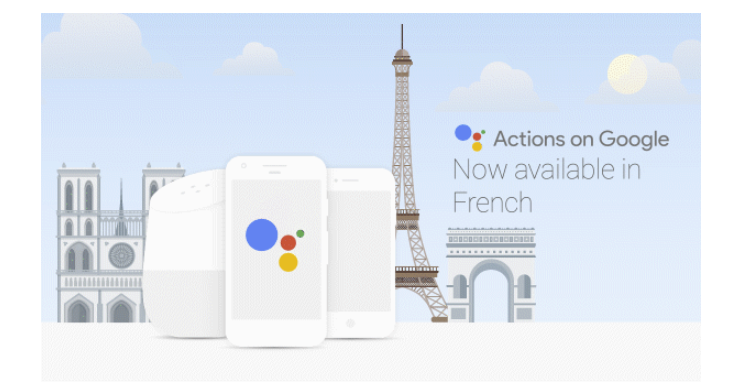
I'll be honest, I'm having trouble keeping track of the distinction Google seems to be trying to make between "Apps for the Google Assistant," "Actions on Google," and the Google Assistant. I get that the ambiguous double name for the former expands the capabilities of the latter for developer use. But, frankly, the difference in marketing seems entirely unnecessary and overly confusing, both for consumers and for myself.

Moto Voice is one of the main selling points of Motorola phones. The ability to set your own always-in voice launch phrase is something that other OEMs can't just match even today. The latest update for Moto Voice on the Play Store has added support for British English and German.

Google doesn't make things very easy for us to explain or for users to understand. For example, while Google Assistant can speak English, French, German, Hindi, Japanese, Portuguese, and Spanish in Allo, it can only speak US English on Android phones but it can talk in different English dialects plus German on Pixel devices. Oh and it supports English, French, and German on Google Home. To make matters even worse, the third-party developer branch of Assistant, Actions on Google, only works in US English now but Google is implementing more languages and we already know British English will be supported next.

Knowing one language is for chumps. Oops, I might have alienated a huge portion of our readership right there. But seriously, as someone who can read, write, and fluently speak three languages, I swear by the versatility and opportunities that this kind of skill enables. I wouldn't be here on Android Police if I had stuck to my mother tongue, would I?

Amazon's FireTV has been available since early April here in the US, and since then has become the best selling set-top box on Amazon (naturally). It's a fantastic little unit for the dedicated Amazon customer, especially those who subscribe to Prime. As of today, Amazon is broadening its horizons and making FireTV available in both the UK and Germany.

Under the hood of Google Now, powering all those beautiful cards that pop up when you search for certain things, is Google's Knowledge Graph. In what might be the company's most ambitious project ever, Google aims to categorize and classify all information so that when you search for, say, Jeff Goldbum, the search engine knows you might also be interested in information about Chaos Theory or survival tips for raptor attacks. Today, the company announced an extension to this already-huge product: availability in Spanish, French, German, Portuguese, Japanese, Russian, and Italian. Pretty huge.

Google Play Movie Rentals Come To Germany, Hangouts On Air Spread Through Europe
One of the most common complaints against Google's Play Store is the lack of certain content or functionality in countries outside the US. Google has
One of the most common complaints against Google's Play Store is the lack of certain content or functionality in countries outside the US. Google has been making progress in expanding access to other corners of the globe, though. You may remember, for example, that Play Books hit France just last month after Play Movies opened for the French in March and for Spain in June.


Apple is causing more mischief over in Germany today, having received an injunction from a Munich Regional Court against phone manufacturer Motorola for utilizing slide-to-unlock style lockscreen methods patented by Apple. Motorola intends to appeal the ruling. The basic point to take away is this: the court ruled that Apple's patent on the concept of moving a tracked image from left to right in order to unlock a phone is valid, and it seems likely that every slide-to-unlock implementation on Android would be infringing in their eyes.






